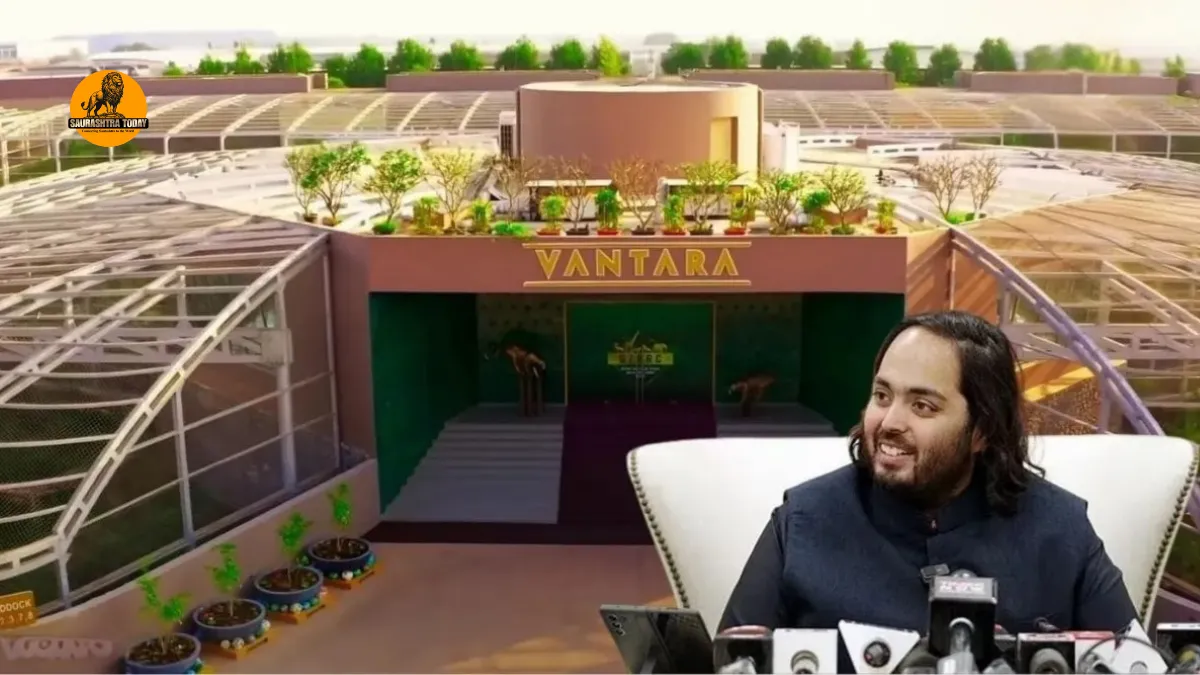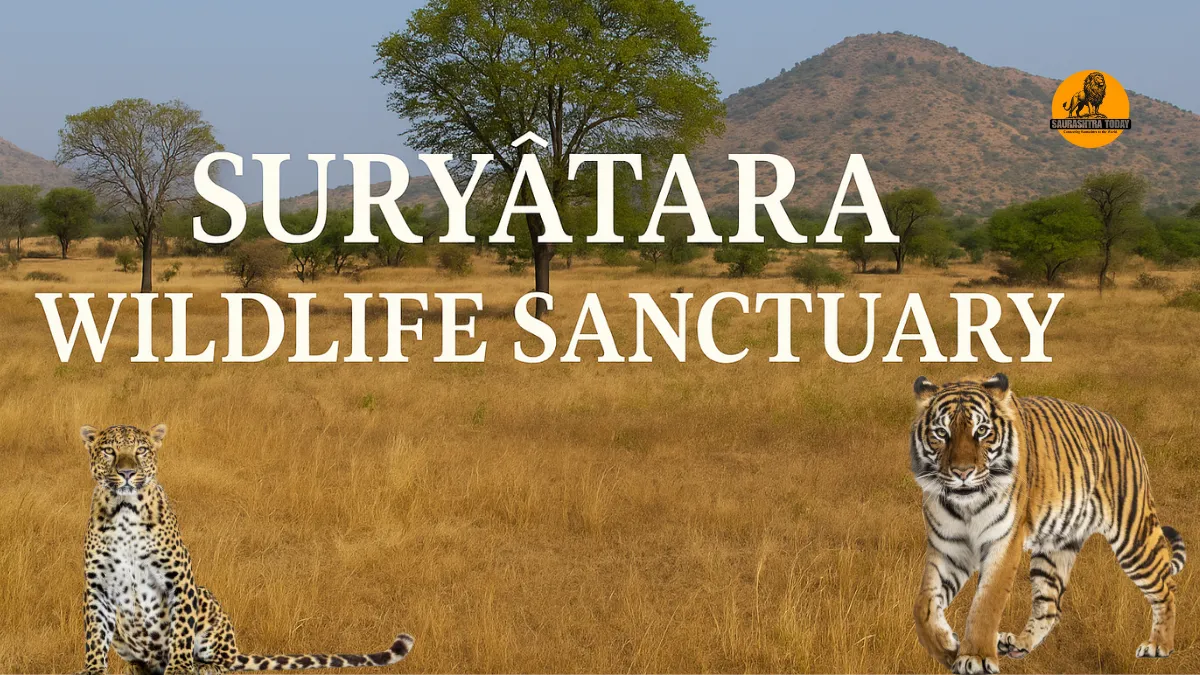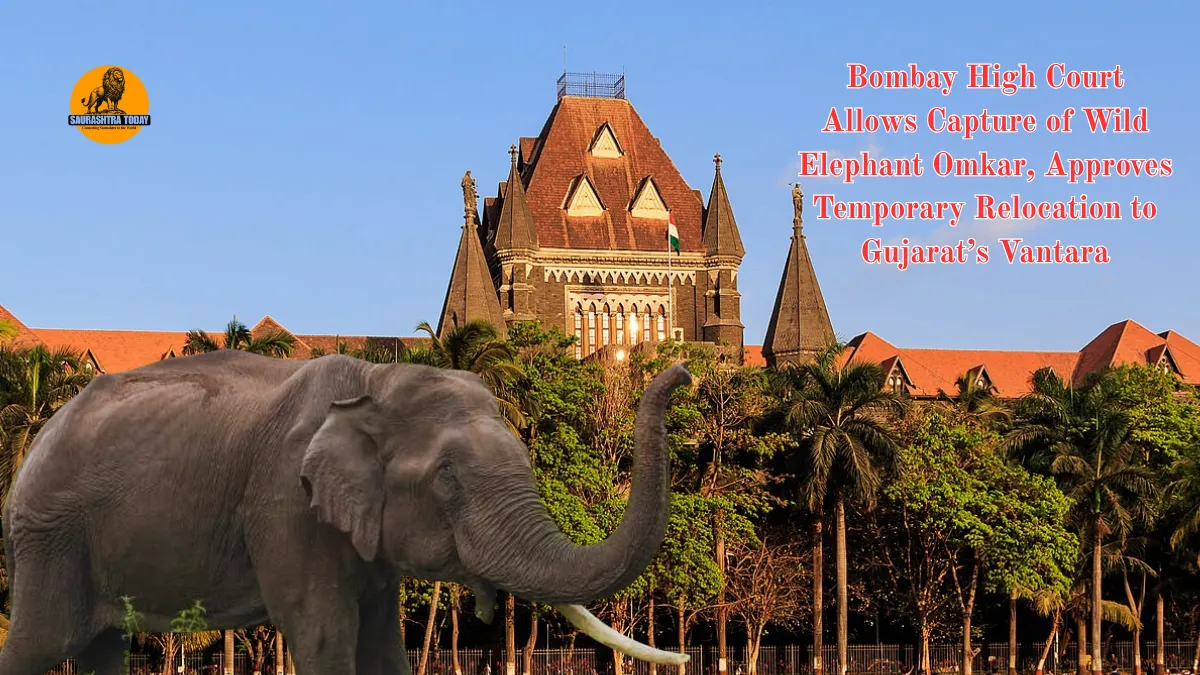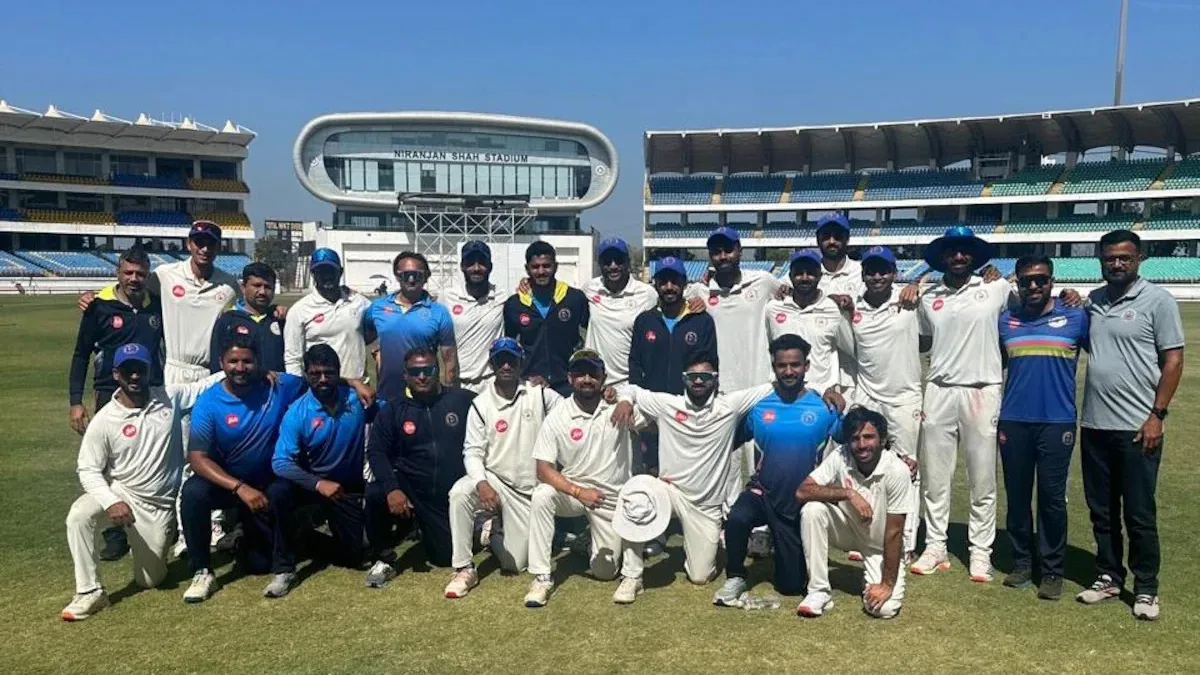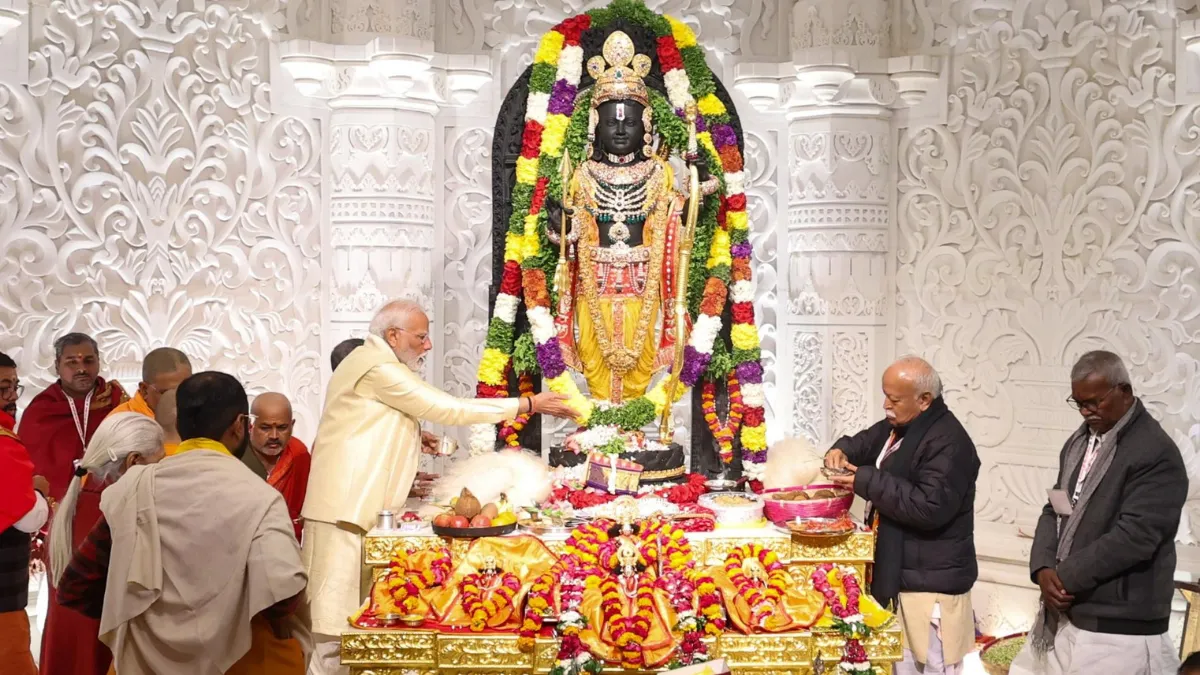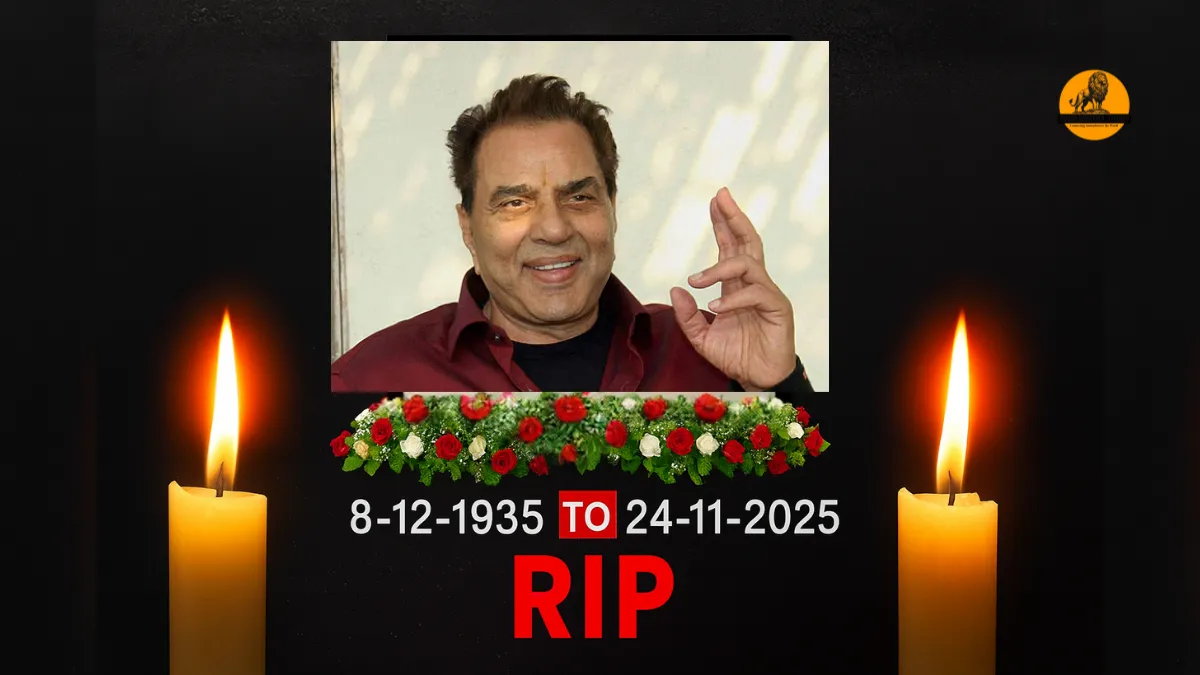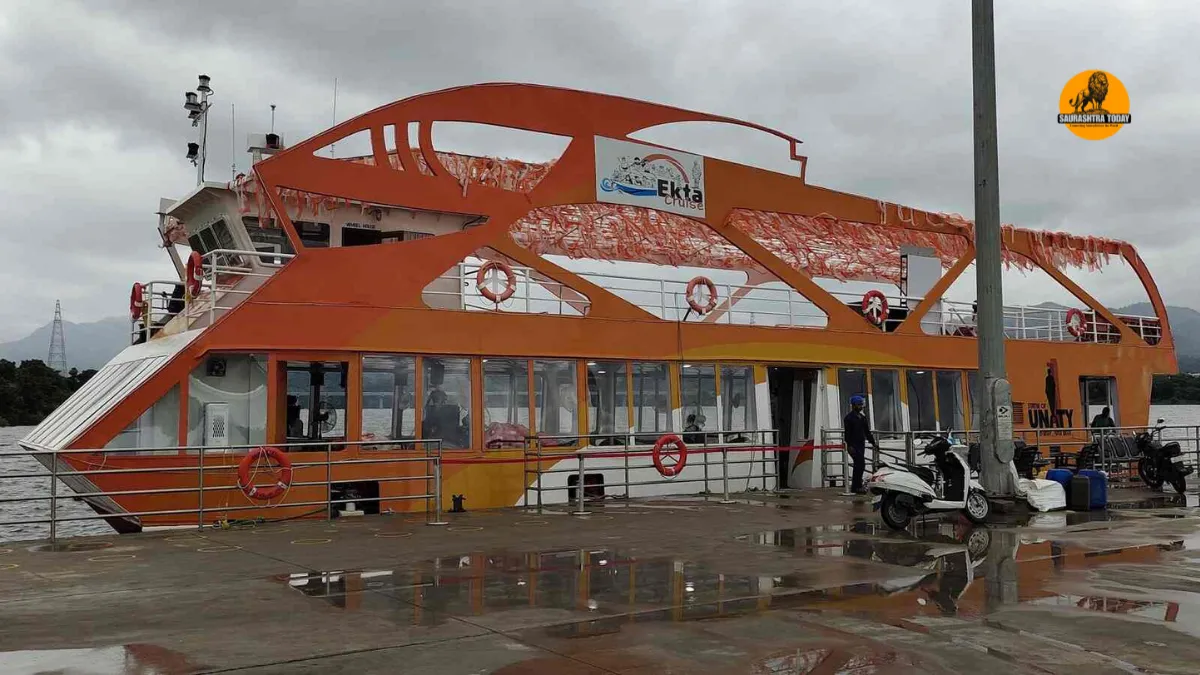Is Vantara a private zoo? – This question has been making headlines ever since the massive wildlife project in Jamnagar, Gujarat, owned by the Ambani family, came under scrutiny. Recently, a special investigation team (SIT) appointed by India’s Supreme Court has finally given its verdict, stating that there was “no foul play” in the way animals were acquired or managed at Vantara.
Court Investigation Brings Clarity
The SIT, consisting of retired judges, was formed last month after allegations surfaced that animals were being unlawfully brought to Vantara and mistreated. Wildlife activists and conservation groups had raised concerns, claiming that the project lacked transparency. However, after weeks of investigation, the panel confirmed that all acquisitions were compliant with existing laws and that the doubts raised earlier had no solid foundation.
The Supreme Court, which had earlier indicated that the accusations seemed weak, had still ordered this independent inquiry to ensure transparency. Now, with the SIT’s clean chit, Vantara officials say the project has been vindicated. In their official statement, Vantara mentioned that the investigation made it clear the “allegations and doubts were without any basis.”
What Exactly Is Vantara?
Spread across nearly 3,500 acres in Jamnagar, Gujarat, Vantara is one of the largest wildlife care and rehabilitation projects in Asia. It is privately funded by the Ambani family, with Anant Ambani – the younger son of Mukesh Ambani, Asia’s richest man – being the face behind it.
Home to more than 2,000 species, including elephants, tigers, and several exotic animals, Vantara is not a typical zoo. Instead of functioning as a tourist attraction, it is designed more as a care center and sanctuary. It is closed to the general public, which has added to the debate around its classification and raised the question: Is Vantara a private zoo or a private animal rescue initiative?
The facility was officially inaugurated in March this year by Prime Minister Narendra Modi. The inauguration itself became global news since the location was also part of Anant Ambani’s high-profile pre-wedding celebrations in 2024, which saw participation from international dignitaries and celebrities.
Criticism and Controversies
While the recent court ruling has cleared Vantara of illegal activities, the project has not escaped criticism. Wildlife activists argue that Jamnagar’s hot and dry climate is not suitable for certain species, especially those that thrive in cooler or forested regions. The fact that the project is not open to the public has also fueled concerns about transparency and accountability.
The project hit national headlines again in July when an ailing elephant from a temple in Kolhapur, Maharashtra, was relocated to Vantara following a high court order. The transfer led to protests in Maharashtra, where activists claimed the elephant would suffer in Gujarat’s climate. However, the Supreme Court later dismissed these objections, pointing out that an independent inquiry had already cleared the authorities.
Why Vantara Matters
Despite controversies, Vantara is significant for several reasons. Firstly, it represents one of the largest privately funded animal welfare projects in the country. Unlike public zoos that depend heavily on government funds, Vantara has the backing of one of India’s wealthiest families. This allows access to advanced veterinary care, large enclosures, and international-standard facilities.
Secondly, the project highlights a growing trend where private individuals and organizations are stepping in to support conservation. In a country where government-run zoos often face funding shortages, private initiatives like Vantara could fill an important gap – provided they are managed ethically and transparently.
Key Facts About Vantara
| Feature | Details |
|---|---|
| Location | Jamnagar, Gujarat, India |
| Spread | Around 3,500 acres |
| Owner/Founder | Anant Ambani (Reliance Foundation initiative) |
| Inauguration | March 2025 by PM Narendra Modi |
| Species Housed | Over 2,000 including elephants, tigers, exotic animals |
| Public Access | Not open to general visitors |
| Recent Controversy | Protests over transfer of temple elephant from Maharashtra |
| Court Verdict | SIT found no foul play, all acquisitions lawful |
Is Vantara a Private Zoo?
The term “private zoo” suggests a recreational facility owned by an individual or company, typically open to the public for tourism or entertainment. By that definition, Vantara does not fit the traditional category of a zoo. It is not a tourist destination, does not sell tickets, and remains closed to the general public. Instead, it operates more as a private sanctuary and animal care center.
This distinction is crucial. While critics label it a “private zoo” to question its motives, Vantara positions itself as a rehabilitation and rescue project. The recent clean chit from the Supreme Court has further reinforced its credibility, though debates around animal welfare and climate suitability are likely to continue.
Also read: Supreme Court Orders SIT Probe Into Vantara: Allegations, Inquiry, and Wider Implications
Conclusion
So, is Vantara a private zoo? Technically, no. It is more accurately described as a privately run animal rescue and rehabilitation project rather than a commercial zoo. Backed by the Ambani family, Vantara is an ambitious initiative that combines private wealth with wildlife care.
The recent court verdict clearing it of any wrongdoing may strengthen its standing as a legitimate conservation effort. Yet, the real test will be in how effectively Vantara manages long-term animal welfare and addresses ongoing concerns raised by activists.
For now, the Supreme Court’s investigation has provided some relief to the Ambani family, silenced many critics, and given Vantara the space to focus on what it claims to do best – offering a safe home to thousands of rescued and endangered animals.
